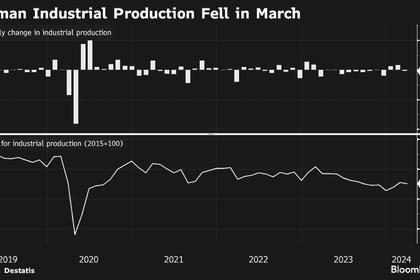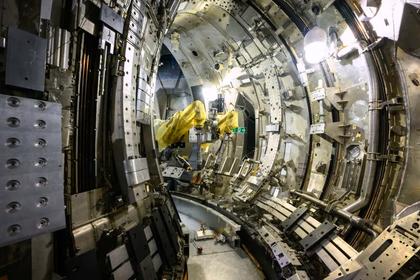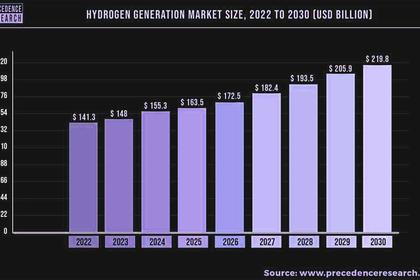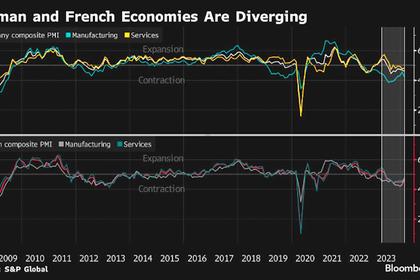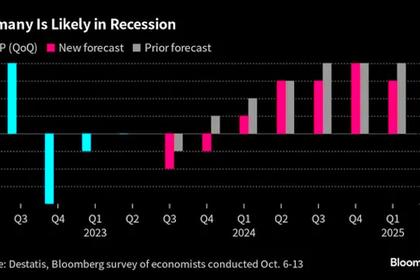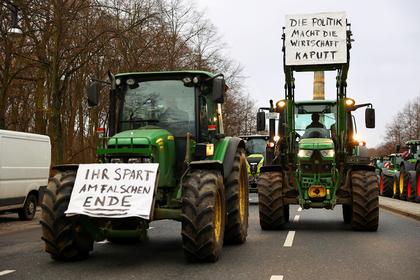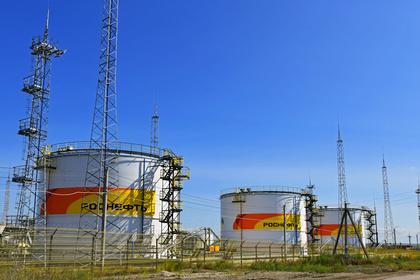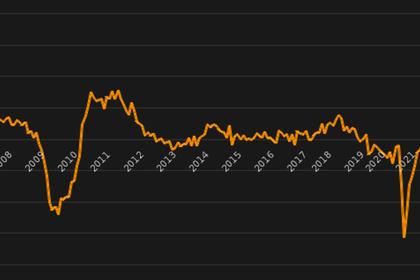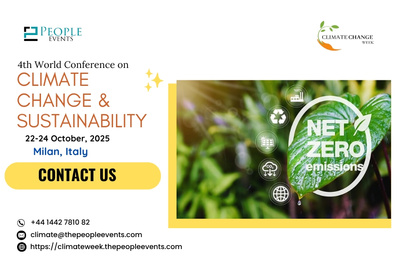
GERMANY WITHOUT NUCLEAR

PLATTS - Nov 15, 2024 - German utilities maintain that the country's nuclear power phaseout is highly unlikely to be reversed, despite significant hype in Europe and the US around the potential for extending the lives of existing reactors.
US utility Constellation Energy recently announced plans to restart its Three Mile Island plant in Pennsylvania to supply tech giant Microsoft., an indication of the expected rise in electricity demand from heavy-load customers such as data centers.
The buzz in the market on the back of the Constellation deal has seen European utilities such as Iberdrola, Endesa and Fortum express a willingness to prolong the lives of their respective nuclear plants in Iberia and the Nordics.
In Germany, where nuclear power has long been a thorny political issue, operators are much less enthusiastic, despite talks of a nuclear restart surfacing in the wake of the German coalition government's recent collapse.
"Bringing back Three Mile Island, which was a fully mothballed plant, for economic reasons, it's easier than bringing back our plants, which were recently decommissioned," RWE CEO Markus Krebber told analysts Nov. 13 in a Q3 earnings call.
"The case to extend the lifetime of an existing [plant] is clearly there, but we have passed that point in Germany."
'Ideologically driven mistake'
Unlike other European countries, which saw a renaissance of support for nuclear power in the wake of the energy crisis of 2022, Germany followed through on its closure commitments, phasing out nuclear completely in April 2023.
The final plants closed were Isar 2 in Bavaria, operated by E.ON subsidiary PreussenElektra; Emsland in Lower Saxony, operated by RWE; and Neckarwestheim 2 in Baden-Württemberg, operated by EnBW.
In a Nov. 5 position paper on energy, the right-of-center opposition CDU/CSU criticized the shutdown of Germany's last nuclear power plants, calling it an "ideologically driven mistake" amid the energy crisis.
They advocated for a "professional assessment to explore the possibility of resuming operations at these plants with reasonable costs."
At an EU level, the CDU supports nuclear alongside renewable sources and climate-neutral gas plants, unlike the current governing coalition led by the Social Democrats.
In its position paper, the CDU supported research and development of advanced nuclear technologies including small modular reactors while calling for an expedited search for a final repository for radioactive waste.
Recent polls from Infratest dimap showed 34% of Germans would support the CDU/CSU if an election were held now, compared to 15.5% for the SPD, 12% for the Green Party and 5% for the Liberal Democrats.
The main parties have agreed on Feb. 23, 2025, as the election date.
Nuclear comeback 'unlikely'
Like RWE, German utility E.ON does not see a path to a nuclear restart.
CFO Nadia Jakobi said on the company's Nov. 14 earnings call that there is "no [economically] sensible way of bringing the plants back," declining to speculate on what would be needed to form a business case for a restart.
"I would just leave it as that," Jakobi told analysts. "Even if things could theoretically, technically be possible. If ... they're not economically sensible, there's no point in doing it."
On RWE's call a day earlier, Krebber gave more detail on what, in theory, it would take to revive its nuclear fleet in Germany.
The CEO said the decommissioned plants lack federal and state permits as well as regulatory approval, and support would be needed to train qualified personnel to operate the units.
RWE would also require a long-term power purchase agreement to protect it against another political U-turn.
"Since it takes probably three, four years to bring [the plants] back, you already know that you're going to commission them again in the next legislative term with the next government, and you need protection if they turn around again," Krebber said.
"It's not impossible," the CEO added. "If somebody wants it, it's politically feasible. But when I look at what we need to overcome and what the economics are, I think it's unlikely."
-----
Earlier:
